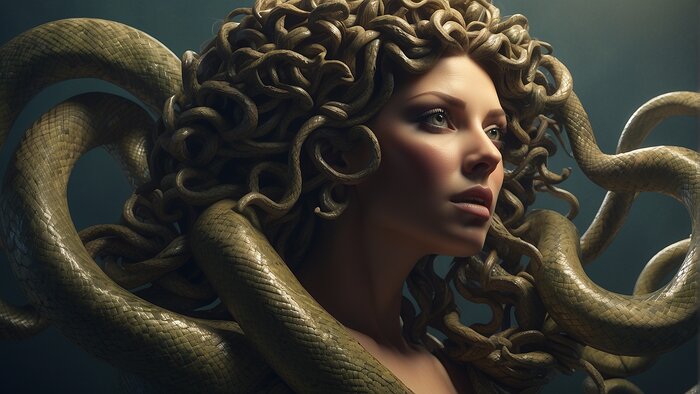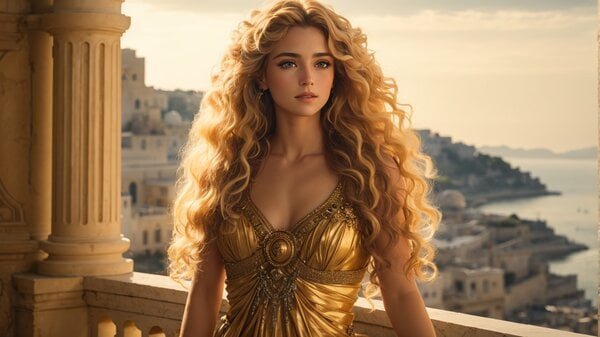Over the centuries, stories of heroes, gods and mythical creatures have captured the imagination of generations around the world. Greek mythology is populated by an impressive array of gods and goddesses, known as the Olympian gods. Some of the major gods include:
- Zeus: The king of the gods and ruler of Olympus. Zeus was the god of the sky and thunder and played a pivotal role in Greek mythology as the leader of the gods.
- Hera: Zeus’ wife and goddess of marriage and family. She was known for her jealousy and for persecuting her husband’s mistresses and illegitimate offspring.
- Athena: The goddess of wisdom, strategy and just war. Athena was considered the protector of Athens and was credited with the invention of numerous arts and crafts.
- Apollo: The god of music, poetry and prophecy. Apollo was also the god of the sun and medicine. He was associated with balance and harmony.
- Aphrodite: The goddess of love and beauty. Aphrodite was known for her extraordinary beauty and love affairs.
Greek mythology is also full of legendary heroes and epics. Some of the most famous stories include:
- The Iliad: An epic that recounts the events of the Trojan War, with heroes such as Achilles, Hector and Odysseus. It was written by the poet Homer.
- The Odyssey: The sequel to the Iliad, it follows the adventures of Odysseus as he tries to return home after the war. It was also written by Homer.
- The Twelve Labors of Hercules: Hercules, the demigod known for his superhuman strength, performed twelve legendary tasks as punishment for an act of madness.
Greek mythology has left a lasting imprint on Western culture. Its stories and themes appear in contemporary literature, art, music and film. The concepts of hero, tragedy, comedy and many other narrative elements come from classical Greek stories. The Greek gods and heroes continue to be a source of inspiration for exploring the human condition and our moral and ethical dilemmas.









